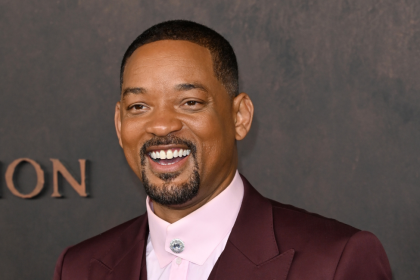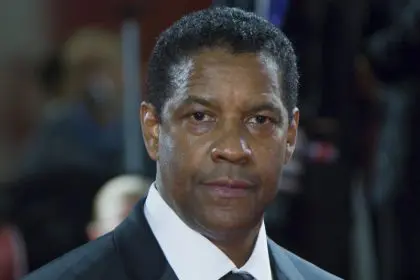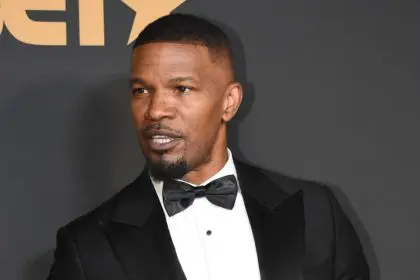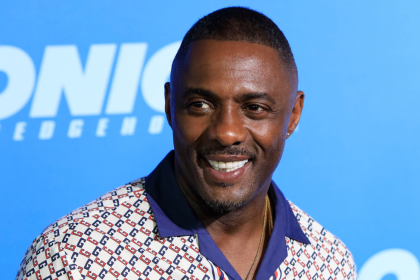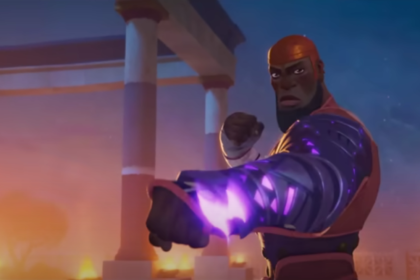Angela Davis’s story is one of triumph over adversity, and the righteous perseverance of truth. Filmmaker Shola Lynch is bringing that story to the masses with “Free Angela and All Political Prisoners,” a gripping documentary that tells the story of the radical and intellectual that through affiliations with the Black Panthers and the Communist Party. She was also accused of kidnapping, murder and listed on the F.B.I.’s Most Wanted List before her acquittal in 1972.
“Free Angela…” is Lynch’s opportunity to share Davis’ history with a new generation. The film was co-executive produced by Will and Jada Pinkett Smith’s Overbrook Productions and hip-hop mogul Jay-Z. At the documentary’s premiere in Harlem at the Schomburg Center, entertainers, cultural figures and those that were there to experience the revolution firsthand came to view the finished work. Davis said that even she was surprised at some of the film’s recollections.
“I learned things about my life that I’d never known,” Davis shared, with a grin. “Forty years later, I learned how the FBI caught me. I never knew that.”
Despite some slight reservations, she endorsed Lynch’s work on the strength of the director’s resume. “I had seen the documentary she did on Shirley Chisholm, I have enormous respect for Shirley Chisholm. So when she indicated that she wanted to do a documentary about the trial. So I said if she did it as well [that], it probably would be a good product.”
“It was really important for me to talk [Davis] into it,” said Lynch. “It wasn’t a collaboration but she signed on and gave me the opportunity and the energy.”
“There were stacks of charges and F.B.I. files… and a [smaller] stack about the trial and acquittal,” Lynch said regarding Davis’s controversial history. “My agenda was just to investigate the story and find as many facts as I can.” The process of making the film took Lynch eight demanding years. “I learned that have an athlete’s stamina!” she declares with a laugh.
“I think this generation has to be reminded that these were young folks who were driving significant changes,” says political commentator Roland Martin. “In the case of Angela Davis, this is someone who was in her mid-twenties. A lot of folks today say ‘I can’t do that, I need to focus on me.’ If it becomes about ‘I’ and ‘my,’ it’ll never be about ‘we.’”
Davis acknowledged that her arrest and trial drew attention and support from around the globe. “People tend to have a historical memory that is homogenous,” stated the 69-year old. “And it doesn’t reflect all of the nuances and the multi-racial [quality] of the struggles of that era.”
“I hope that it inspires people, especially young people,” says Davis. “So many different struggles have their roots in that era, maybe even in slavery. We’re still wrestling with the ghost of slavery. I hope they can be inspired.”


